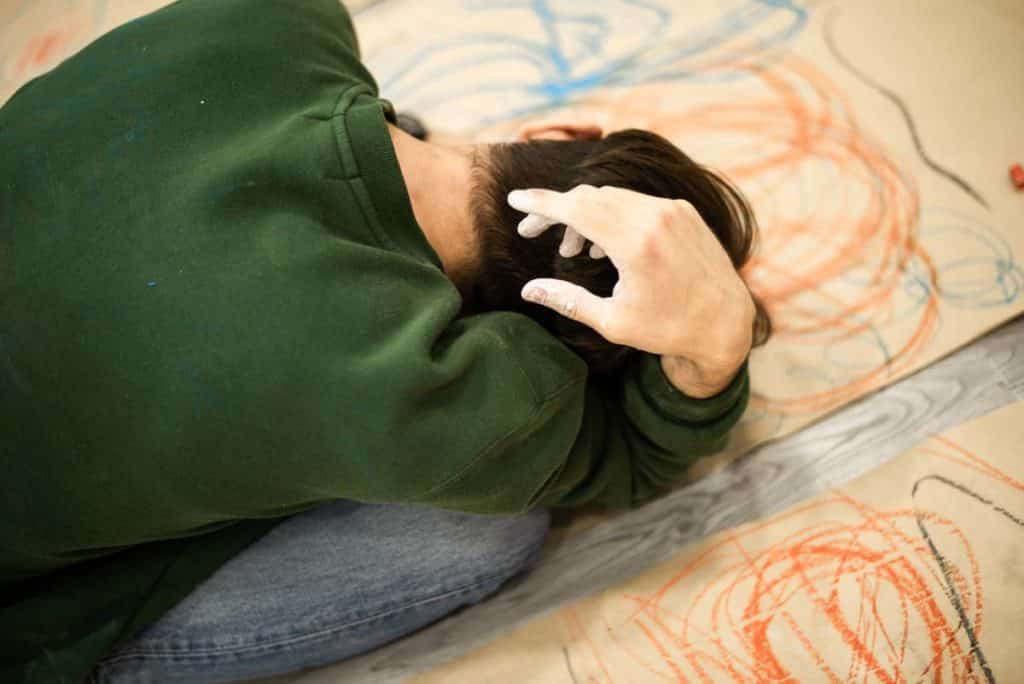Dialectical Behavior Therapy (DBT) is a type of cognitive-behavioral therapy that was originally developed to treat borderline personality disorder. DBT has since been shown to be effective in treating a variety of other mental health conditions, including substance abuse and addiction.
DBT focuses on helping people change their behaviors by teaching them new skills and techniques for managing their emotions. The goal of DBT is to help people learn how to regulate their emotions, cope with stress, and make better choices when it comes to their behavior.
One of the key aspects of DBT is dialectical thinking, which involves looking at both sides of an issue and finding a middle ground. This way of thinking can be helpful in managing difficult emotions and situations.

DBT has four main components:
– Mindfulness: This involves learning to be present in the moment and aware of your thoughts, feelings, and behaviors.
– Distress tolerance: This involves learning how to deal with difficult emotions and situations in a healthy way.
– Emotional regulation: This involves learning how to manage your emotions in a healthy way.
– Interpersonal effectiveness: This involves learning how to communicate effectively and build healthy relationships.
The Benefits Of DBT For Drug Addiction Treatment
Dialectical Behavior Therapy has been shown to be an effective treatment for substance abuse and addiction. In one study, people who received DBT were more likely to stay in treatment and less likely to use drugs than those who did not receive DBT.
DBT can help people with addiction by teaching them skills that they can use to manage their emotions, cope with stress, and make better choices when it comes to their behavior. These skills can help people reduce their risk of relapse and improve their overall quality of life.
The DBT Process

Dialectical Behavior Therapy is typically provided in group or individual therapy sessions. During group sessions, people learn about the principles of DBT and how to apply them to their own lives. Individual sessions are focused on helping people work through specific issues that they are struggling with.
DBT usually lasts for about six months, although some people may need to continue treatment for a longer period of time. Treatment is typically provided on an outpatient basis, which means that people can continue to live at home and go to work or school while receiving treatment.
What is Partial Hospitalization?
Partial hospitalization is a type of treatment that is similar to outpatient treatment, but people stay at a treatment center for part of the day and return home in the evening. This type of treatment can be helpful for people who need more support than what is available through outpatient treatment.
What is Intensive Outpatient Treatment?
Intensive outpatient treatment (IOP) is a type of treatment that is similar to partial hospitalization, but people only stay at the treatment center for a few hours each day. This type of treatment can be helpful for people who need more support than what is available through outpatient treatment.
Both partial hospitalization and intensive outpatient treatment can be an effective step down from inpatient treatment, or they can be used as a standalone treatment.
What is Inpatient Treatment?
Inpatient treatment is a type of treatment that is provided in a hospital or residential setting. People who receive inpatient treatment live at the treatment center and receive 24-hour care. This type of treatment can be helpful for people who need more support than what is available through outpatient or partial-hospitalization treatment.
Aftercare and Recovery
After completing treatment, it is important to continue to work on your recovery. There are many resources available to help you stay on track, including 12-step programs, therapy, and support groups. It is also important to create a support system of family and friends who will help you during difficult times.
As part of relapse prevention, it is important to:
– Seek out social support: Family and friends can provide essential support during recovery.
– Avoid triggers: There are certain people, places, and things that can trigger a craving for drugs or alcohol. It is important to avoid these triggers if possible.
– Learn stress management techniques: Stress can be a major trigger for relapse. Learning how to manage stress can help you stay on track in your recovery.
– Get involved in activities: Participating in activities that you enjoy can help you stay motivated and focused on your recovery.
DBT Treatment
If you are struggling with substance abuse or addiction, DBT may be a good treatment option for you. DBT can help you learn new skills for managing your emotions and making better choices when it comes to your behavior. Talk to your doctor or a mental health professional about whether DBT is right for you.

